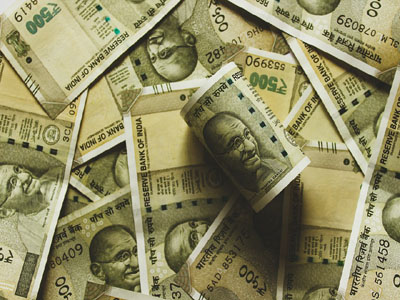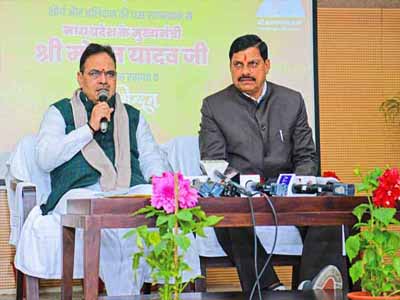Bad luck comes from having these things at the main door of the house, the person remains buried under debt.
Read MoreYou know that warm feeling you get when you see lots of likes from a Facebook or Instagram post? That's the reward system of your brain lighting up like fireflies on a dark summer night.
It's the same system activatedin the brains of drug addicts.
"All addictions operate on the variable-reward system," says Ofir Turel, associate professor of information systems and decision sciences at the College of Business and Economics at California State University, Fullerton. A variable-reward system is one in which a person sometimes gets a reward — like that warm feeling — when they do something, but not always, and doesn't know when that good feeling will come next.
Dr. Turel researches behavioral and managerial issues in technology-focused environments, including how people become pathologically addicted to technology; he estimates that five to 10 percent of Americans could meet the criteria for being at risk for social media addiction.
"We conducted studies that took concepts from the addiction realm and applied them in the case of social media and video games," explains Turel. Facebook has a lot of the features of an addictive activity, including ease of use, variable rewards and feelings of anxiety when we're not engaging with it.
"We have observed that the reward system [in the brain] is more active and more sensitive in people who present symptoms of addiction to social media," says Turel.
"What it means is that social media provides rewarding experiences that generate dopamine in the brain, the same substance produced when we eat cake or have sex. Over time, it trains your brain to want to check social media more and more often."
The encouraging news is that the brain's self-control system was intact in most of Turel's subjects with addictive symptoms. A key difference between drug addiction and social media addiction is that with substance abuse, researchers find deficits in the self-control system of the brain as well.
"If people have a strong enough motivation to control their social media use, they can," says Turel. For example, if Facebook began users charging $200 an hour, most people would be able to reduce their use. By comparison, a drug like cocaine impairs self-control and breaking an addictive pattern is harder to do.
Are the Kids All Right?
Overuse of social media is much more problematic in children because their developing brain is more malleable. By the time we reach adolescence, our reward system begins to be more activated and develop faster. Not so for our self-control, though; this system isn't fully developed until the age of 21.
"When children are exposed to social media, they can over-stimulate their reward center and increase their reward responsiveness," says Turel. He found that excessive and addictive use was associated with structural changes in the brain. In fact, the brain's reward system was actually smaller. A smaller system can process associations much faster.
"Society and academia push the use of technology to create efficiency, but at the same time we need to understand the potential negative effects," notes Turel. "To some extent, it's like wine: it's OK to use a little bit, but when it becomes too much it creates problems. When we use the technology we need to create boundaries around its use."





































Related Items
Almost 91 % decline in daily new Covid cases noticed in country since highest reported peak, says govt
10,905 Covid positive cases confirmed in Kerala in last 24 hours
109 fresh cases of COVID-19 reported in Delhi